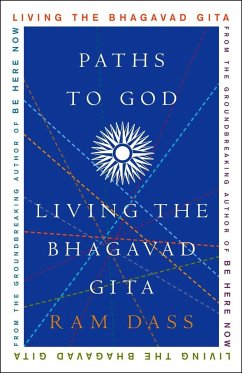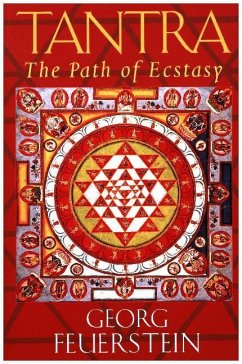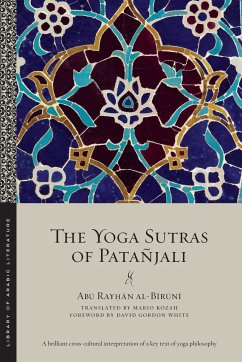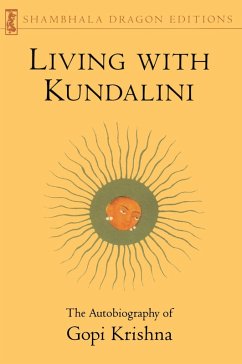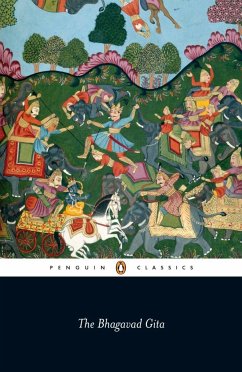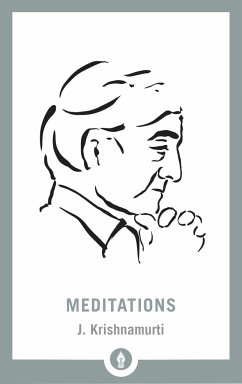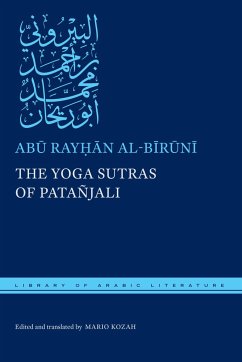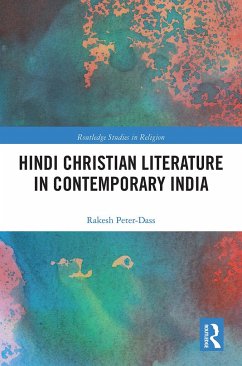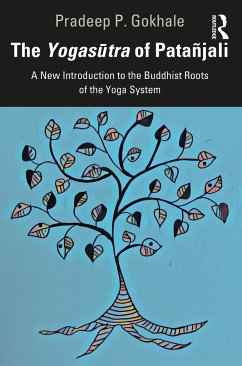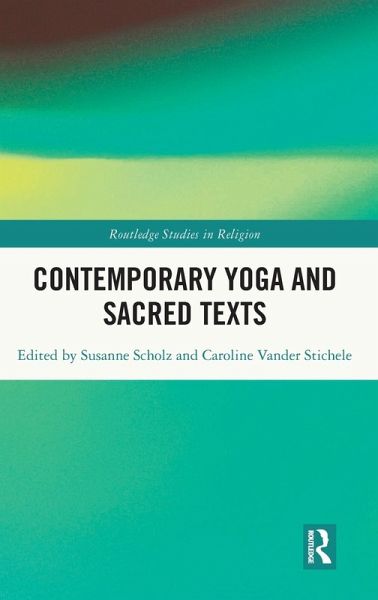
Contemporary Yoga and Sacred Texts
Versandkostenfrei!
Versandfertig in 6-10 Tagen
154,99 €
inkl. MwSt.
Weitere Ausgaben:

PAYBACK Punkte
77 °P sammeln!
This book explores the textual traditions that authorize the history, legitimacy, and authenticity of today's physical posture practice. The volume focuses on why and how yoga communities have adopted various texts that they consider sacred or spiritually meaningful. Among the texts discussed are Yogananda's Autobiography, Sri Aurobindo's Savitri, Patanjali's Yoga Sutra, the Bhagavad Gita, the Hatha Yoga Pradipika, the Upanishads, the Vedas, and the Yogini Tantra. Famous thinkers included are Aurobindo, Yogananda, Osho-Rajneesh, Sogyal Rimpoche, Charles Johnston, and Howard Thurman. Offering a...
This book explores the textual traditions that authorize the history, legitimacy, and authenticity of today's physical posture practice. The volume focuses on why and how yoga communities have adopted various texts that they consider sacred or spiritually meaningful. Among the texts discussed are Yogananda's Autobiography, Sri Aurobindo's Savitri, Patanjali's Yoga Sutra, the Bhagavad Gita, the Hatha Yoga Pradipika, the Upanishads, the Vedas, and the Yogini Tantra. Famous thinkers included are Aurobindo, Yogananda, Osho-Rajneesh, Sogyal Rimpoche, Charles Johnston, and Howard Thurman. Offering a starting point, the ten chapters address the nature, selection, and function of various ancient and contemporary texts read in contemporary yoga settings. The attention centers on how and why texts are read and for whom they are read. As yoga is practiced in ashrams, yoga studios, gyms, meeting rooms, and even private living rooms, scholarly approaches to investigate the connections between yoga and texts are necessarily diverse.
This volume aims to inspire further scholarship on the reading of texts in past and present yoga communities. The collection demonstrates that textual tradions deserve to be an important part of contemporary yoga scholarship. The volume will, therefore, be of great interest to scholars of religious studies, yoga studies, and Asian studies, as well as those studying sacred texts.
This volume aims to inspire further scholarship on the reading of texts in past and present yoga communities. The collection demonstrates that textual tradions deserve to be an important part of contemporary yoga scholarship. The volume will, therefore, be of great interest to scholars of religious studies, yoga studies, and Asian studies, as well as those studying sacred texts.






